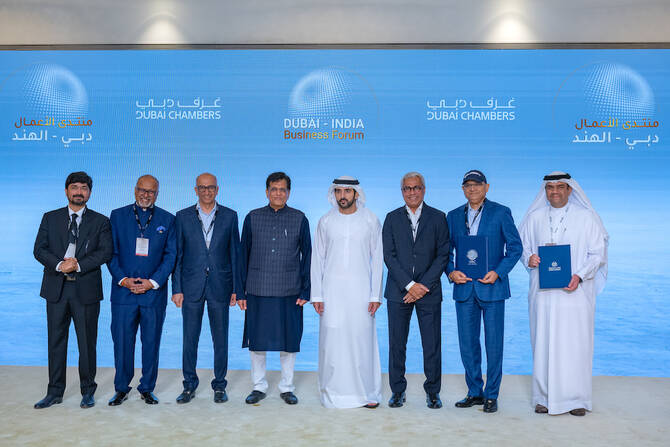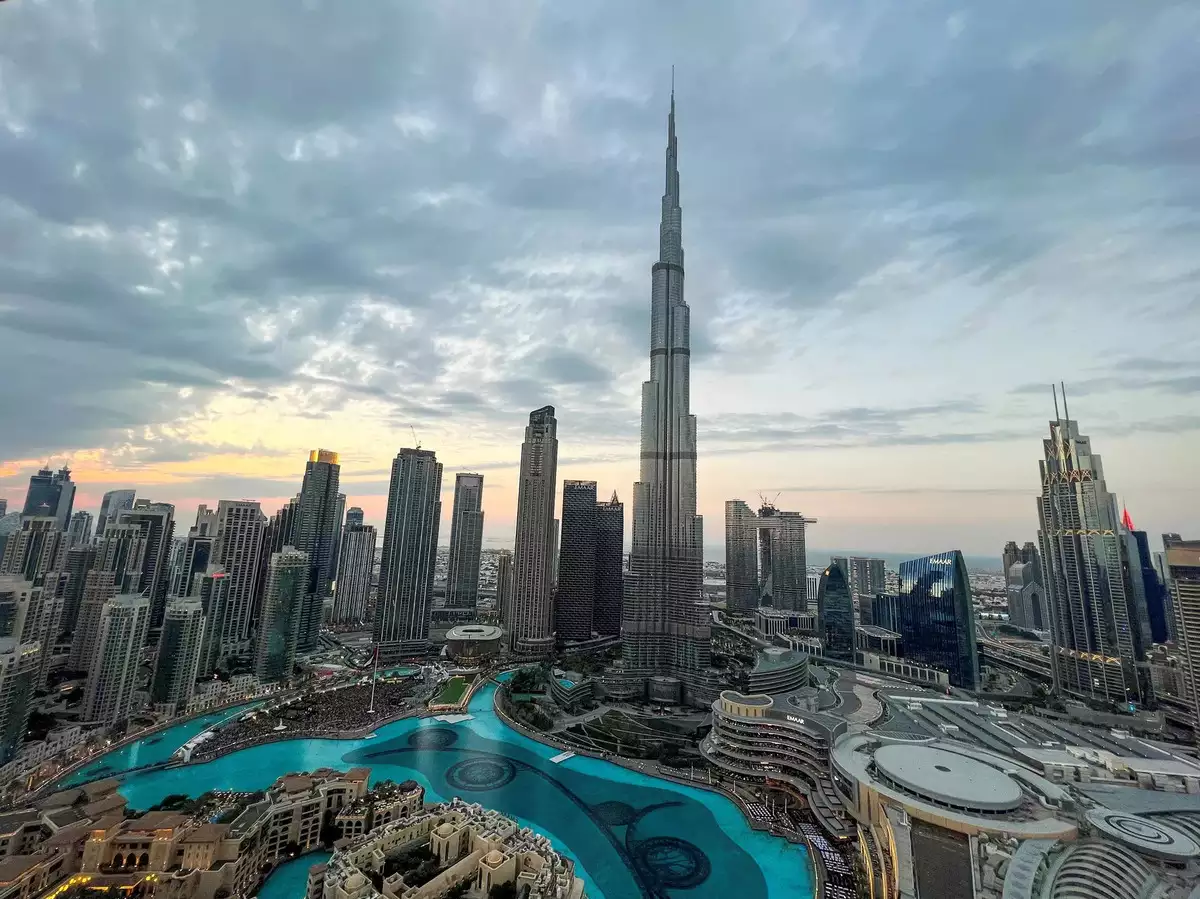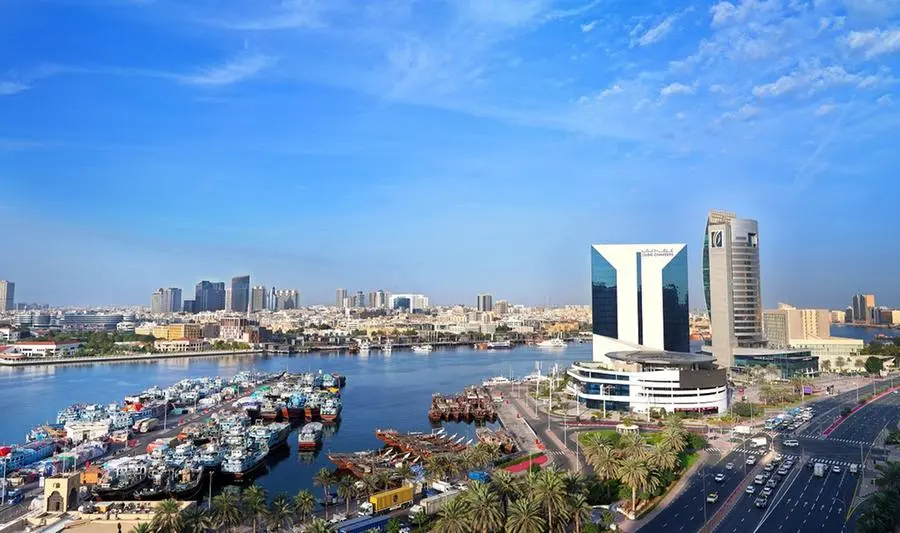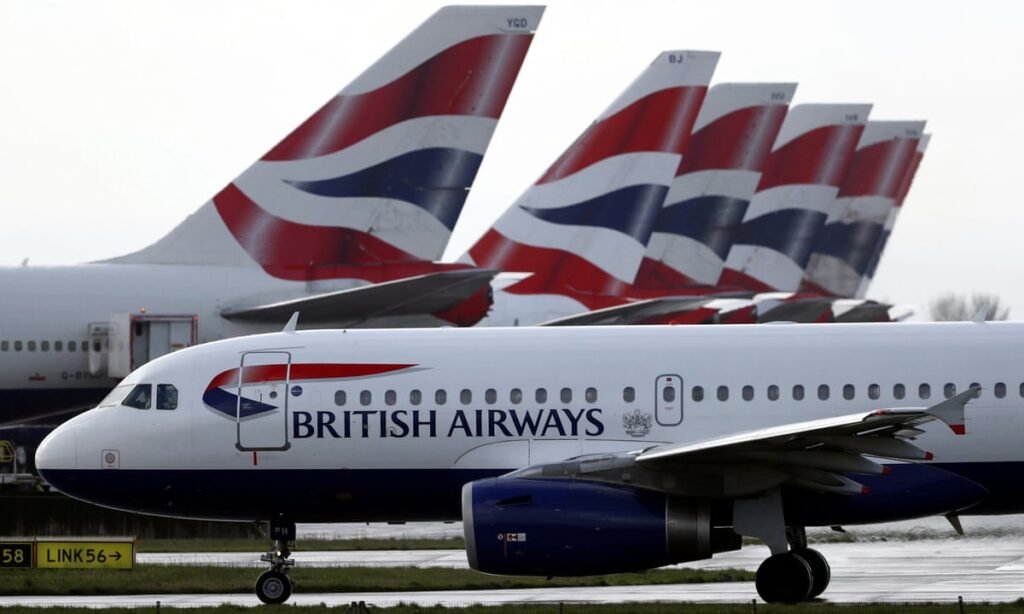Crown Prince Sheikh Hamdan approves sweeping reforms to boost global talent, innovation, and sustainability across education, environment, and infrastructure sectors
In a landmark move, the Executive Council of Dubai, chaired by Sheikh Hamdan bin Mohammed bin Rashid Al Maktoum, Crown Prince of Dubai and Deputy Prime Minister, has unveiled a comprehensive set of reforms aimed at transforming the emirate’s education sector by 2033. These sweeping changes—ranging from student visas and global scholarships to guaranteed graduate employment—form part of a broader strategy to position Dubai as a global academic hub and sustainable innovation leader, reported timesofindia.indiatimes.com.
At the heart of the Education Strategy 2033 is a mission to attract world-class talent, build a globally competitive university ecosystem, and ensure 90% of students gain meaningful employment within six months of graduation. The Knowledge and Human Development Authority (KHDA), in collaboration with the Dubai Department of Economy and Tourism (DET), will lead implementation efforts.
Key goals include:
- 50% international students in Dubai universities by 2033
- 70+ higher education institutions, including 11 in the QS Global Top 200
- Upgraded student and graduate visa systems
- Launch of a Higher Education Investment Fund
- Development of university clusters and scientific research networks
Notable institutions already contributing to this vision include the University of Manchester Dubai, University of Birmingham Dubai, Curtin University, and University of Wollongong, all ranked in the QS World University Rankings 2026 Top 200.
Dubai’s Vision 2033 sets bold goals: 50% international students, 90% graduate employment, and a Dh5.6 billion boost to GDP through academic excellence and innovation
Academic & Career Guidance Reforms
The Academic and Career Guidance Policy aims to streamline student transitions into the workforce, with goals such as:
- 90% of Emirati graduates employed within 6 months
- 80% of schools and universities offering effective career services
- 70% of students securing jobs or university placements in their top 3 preferences
The policy also features entrepreneurship programmes, career platforms, and life skills camps, with strong involvement from parents and international partners.
Air Quality Strategy 2030
In tandem with education reforms, Dubai has also launched a robust Air Quality Strategy with targets to:
- Cut PM2.5 to 35 μg/m³
- Ensure clean air quality on 90% of days by 2030
- Reduce harmful emissions like NO₂, SO₂, CO, and ground-level ozone
Agencies involved include Dubai Municipality, DEWA, RTA, Dubai Airports, DP World, and others under the leadership of the Dubai Environment and Climate Change Authority.
Dubai International Mediation Centre
A new International Mediation Centre, co-developed with Italy’s ADR Centre, will enhance legal infrastructure, offering globally recognised, cost-efficient dispute resolution. It is expected to:
- Boost investor confidence
- Create jobs in arbitration and mediation
- Reinforce Dubai’s status in global competitiveness indices
Construction Governance Framework
The Dubai Department of Finance has also rolled out a new governance policy for public construction projects, introducing a three-tier project classification:
- Below Dh200 million
- Dh200–500 million
- Above Dh500 million
This aims to streamline approvals, increase fiscal efficiency, and align with the D33 Economic Agenda, targeting Dh700 billion in government spending over the next decade.
As Sheikh Hamdan stated, “Youth are the architects of the future… We are creating a world-class academic and innovation ecosystem to empower them.”











